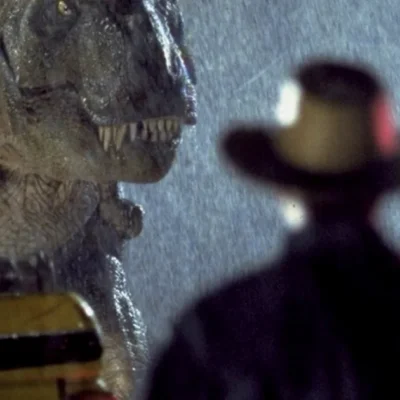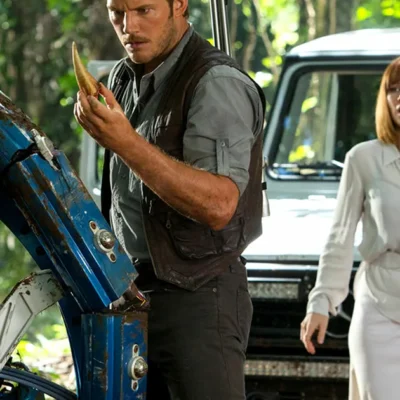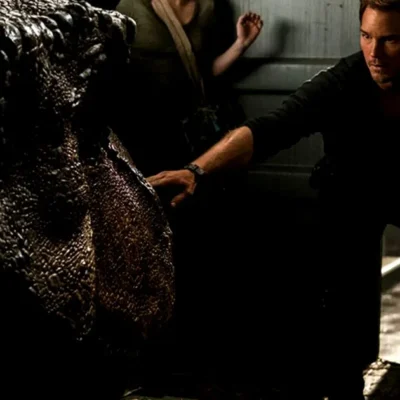Summary
- Producer Masaaki Hayasaka reveals the careful decisions that went into this new remake.
- One of the best – and most influential – RPGs of all time is now better than ever before!
- The new game preserves the original game but adds new features such as the Monster Wrangler vocation, Monster Arenas, autobattle and more!
Remaking a game is a daunting task, and doubly so when you have a game like Dragon Quest III. This beloved classic isn’t just an RPG – it’s the RPG. Not only is it beloved by critics and gamers alike, but it’s also hugely influential. In fact, if you’ve ever played a Japanese-developed RPG, it likely owes a debt to this landmark game.
So, bringing it to modern audiences in Dragon Quest III HD-2D Remake – available today on Xbox Series X|S and Windows PC — was a delicate task; but also an exciting one! It gave Producer Masaaki Hayasaka and the team an opportunity to showcase what makes this game such a blast to play but also add additional features to make it feel fresh and modern.
The most immediate thing you’ll notice are the visuals – the entire game has been reimagined in the HD-2D visual style made famous by games like Octopath Traveler. There are also new features, such as the new Monster Wrangler vocation (which adds new abilities to use in battle) and Monster Arenas, as well as a host of quality of life features that make the game a joy to play.
It is, in short, an incredible remake of an equally incredible game. But how did the team approach the challenge of bringing such a beloved title to modern platforms like Xbox? Read on and find out.
Square Enix: Why did you want to remake Dragon Quest III and why was now the time?
Producer Masaaki Hayasaka: Dragon Quest III has been ported to lots of different platforms, but the only remakes were those for the SNES in 1996 and Game Boy Color in 2000. This means there hasn’t been a remake for more than 20 years.
During that time, we’ve seen the birth of the HD-2D visual style with Octopath Traveler. I became convinced that HD-2D was the perfect style to remake Dragon Quest III, which was how the conversation about creating this long-awaited remake came up.
Square Enix: What is it about HD-2D that made it such an appealing style for the remake?
Hayasaka: I think that the more retro a game is, the more the HD-2D style shows its true value.
Another reason we decided to use HD-2D is because the style is even more popular outside of Japan! We hoped that power would help us to get Dragon Quest into the hands of more players around the world.
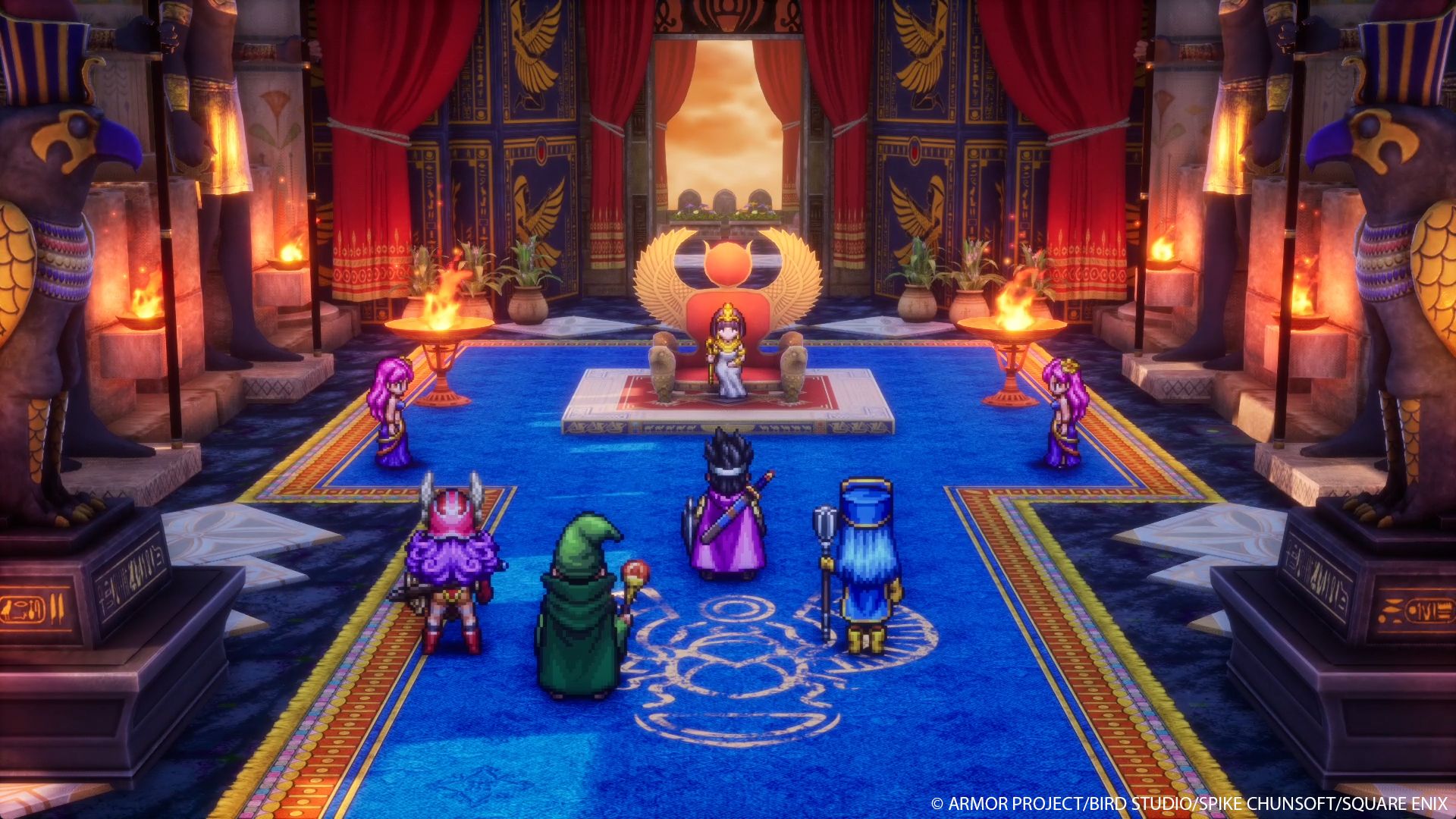
Square Enix: How do the HD-2D visuals enhance Dragon Quest III?
Hayasaka When the original game was created, it had to work with limited memory. This meant that there was a limit to what the game could depict with its graphics – both in terms of the environments and characters.
But times have moved on, and we now have this HD-2D method that lets us bring to life the scenery and actions of the characters that the original players once had to imagine for themselves.
I think this makes it all the easier to become immersed in the adventure.
Square Enix: What challenges did you face when you started to convert the existing world of Dragon Quest III into this new visual style?
Hayasaka: The biggest challenge we faced was how to scale the locations.
If we took the maps from the original and made them in 3D at the same size, the environments would be very rich and intricate, but the game would have felt a bit lacking in terms of the amount of content.
On the other hand, if we made them too large, the excellent pacing from the original would be lost and the experience would feel drawn out.
We carried out thorough internal testing and adjusted based on lots of feedback from different people involved with the project. Thanks to that, we arrived at the current, ideal size.
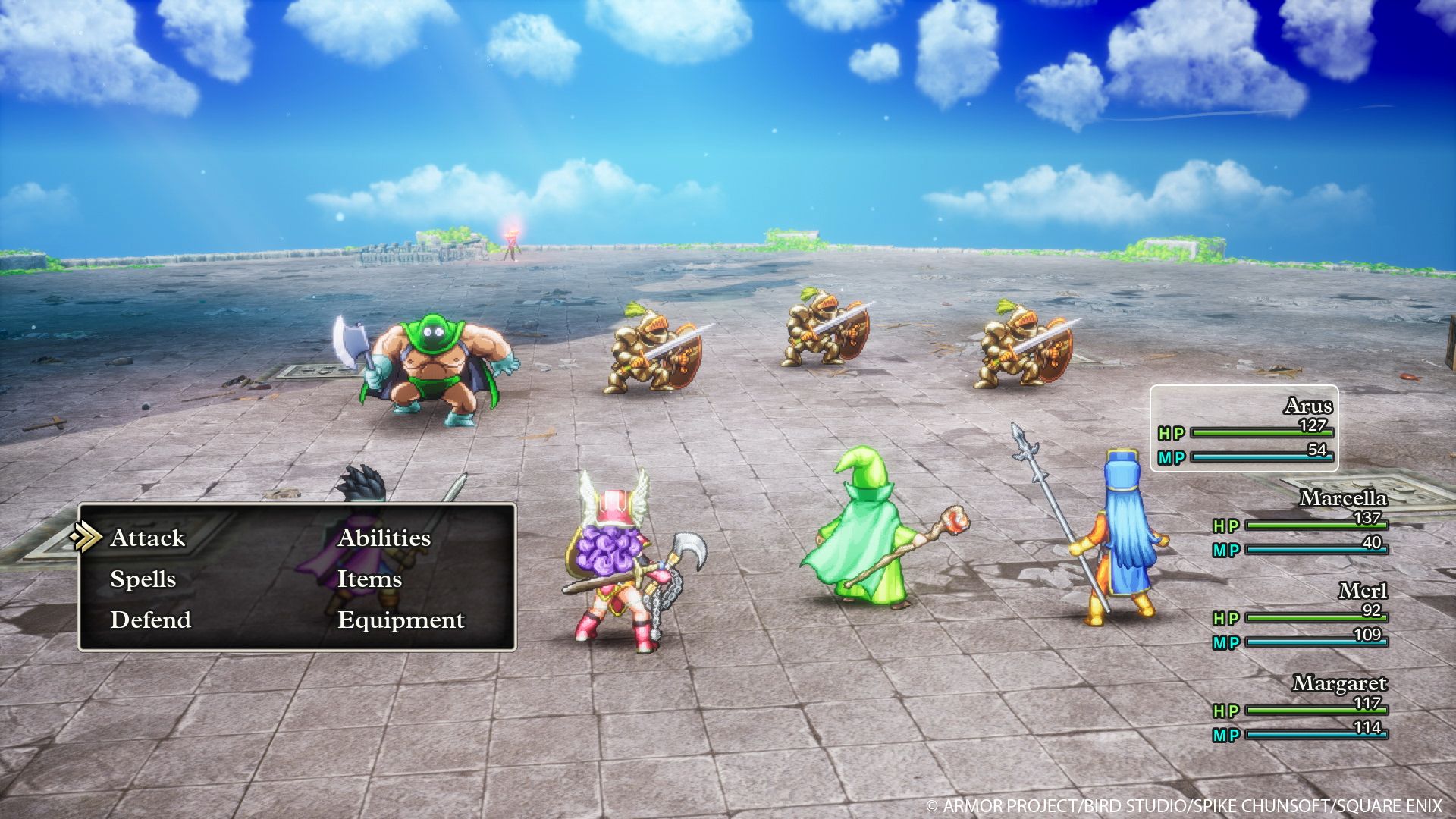
Square Enix: Dragon Quest III has a very charming and distinctive tone and style. How did you capture that for this remake?
Hayasaka Our core concept was to change as little as possible from the original game. Dragon Quest III caused a whole social phenomenon in Japan when it came out, and its mechanics and story are still highly regarded.
In other words, the original game is already perfectly appealing, and we wanted people to enjoy it in a way that was as close to that as possible.
Square Enix: Even so, the remake features quality of life updates like battle speed and autobattle. Why did you add these new features to the game?
Hayasaka: We wanted to change as little as possible from the original, but we also followed another concept from the very beginning – to be meticulous in tweaking any parts that were tricky to play and making it fit the expectations of a modern game.
Dragon Quest III a masterpiece, but it’s also several decades old. That means that there are lots of places that are a bit difficult to play when you revisit it now.
Features like battle speed, autosave, and autobattle are some examples of additions we included from the guiding principle of making it a modern game.
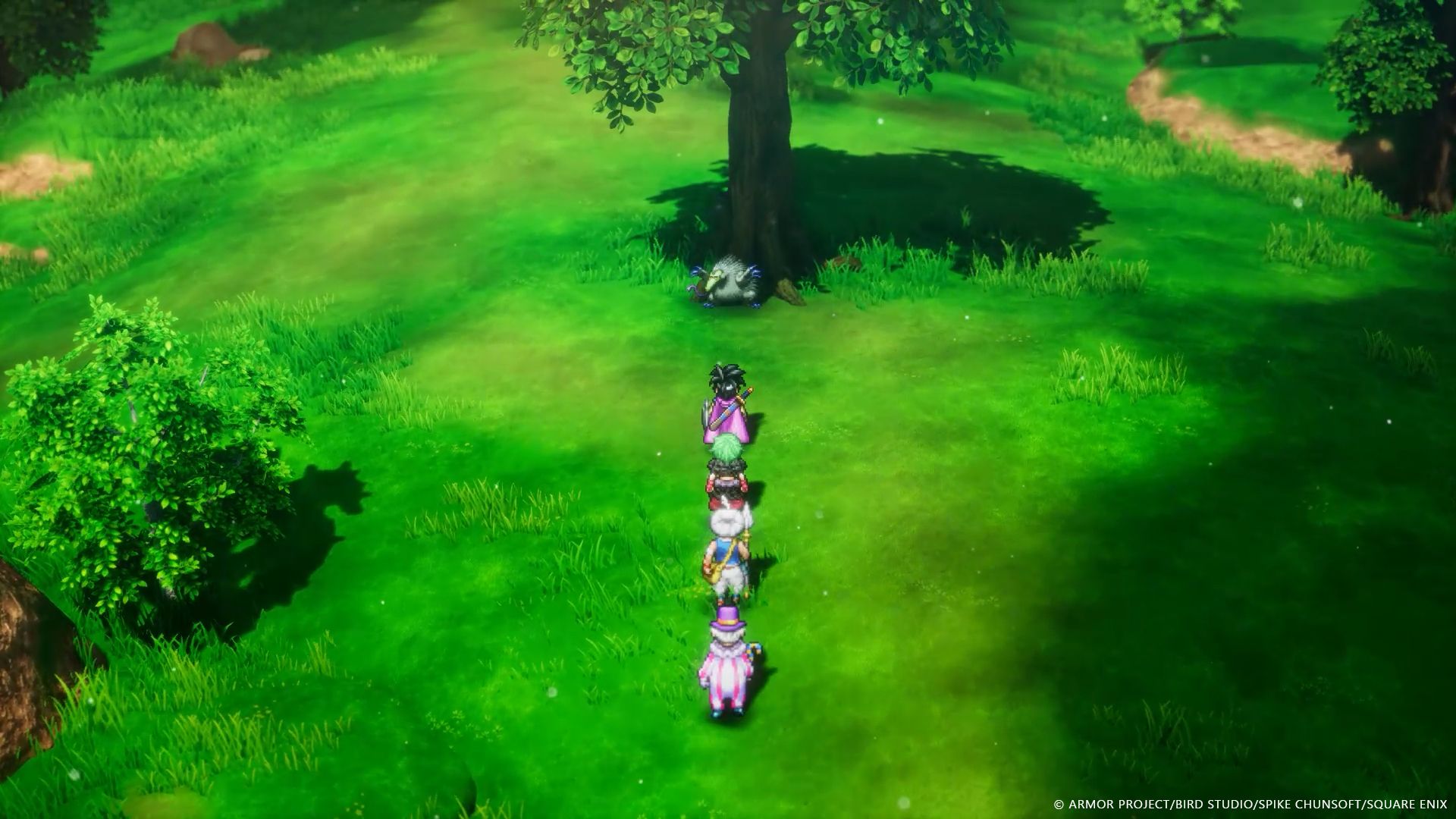
Square Enix: Another new addition is the new Monster Wrangler vocation! What was the inspiration behind this additional character type?
Hayasaka: Firstly, towns and other maps are larger than they were in the original. To encourage players to visit all corners of the world on their adventure, we needed to add some new elements to gameplay.
We also decided to add Monster Arenas as a new feature and thought that if we had something that could tie these ideas together, then we could present it all as connected and cohesive – an exciting addition to the remake.
That was when we decided on the monster wrangler vocation. Essentially, we thought:
- Rescue stray monsters in the expanded overworld, towns, and so on.
- Enter those monsters in fights in the monster arena
- How about having a Monster Wrangler as a new vocation, with a special ability that makes it easier to rescue those monsters?
That’s how it came about.
Square Enix: How difficult was it to add this new vocation to the game and balance it with the others?
Hayasaka: We did wrack our brains a little over the balancing and how strong to make the vocation. But when we spoke to Dragon Quest series creator Yuji Horii about it, his advice was that players would only be disappointed if the new vocation was weak, so we should make it strong.
Hearing that, we decided to go ahead and make it properly strong!
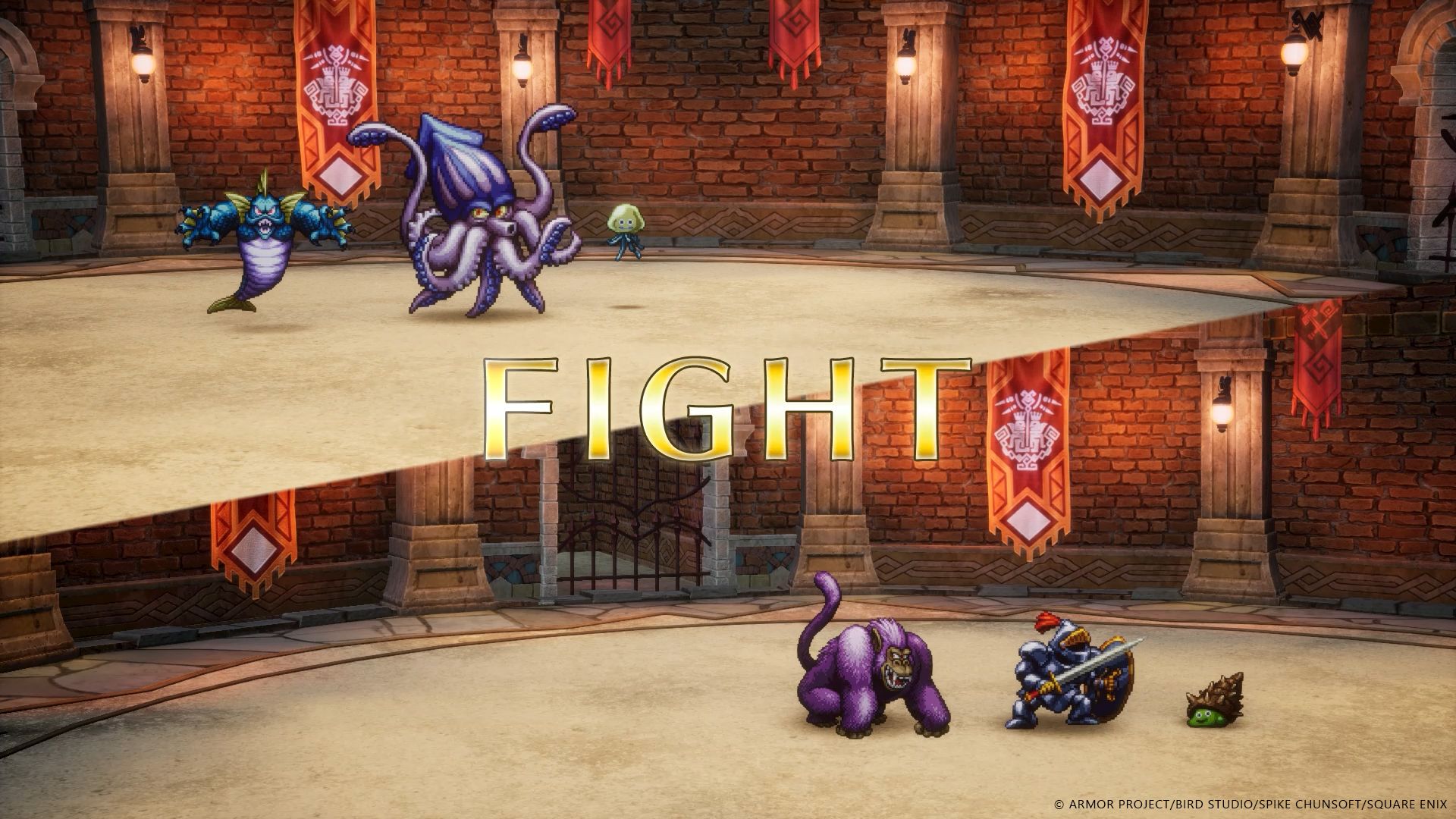
Square Enix: What inspired you to add the monster arena feature for this remake?
Hayasaka: The monster arena in the original included mechanics that relied on odds, which was an issue. If we were to include it as-is in a modern game, it would be classed as gambling and the rating would increase outside of Japan.
We wanted lots of people to play the remake, regardless of age – so we decided to overhaul that part of the game and create the new monster arenas.
Square Enix: How difficult was it to add these new features while preserving the core of the original game?
Hayasaka: As mentioned, we were trying to find the balance between changing as little as possible from the original but making sure that we were being meticulous in improving all the places that were tricky to play, to bring it in line with modern games.
If we changed too much, we would surely have had players saying that it wasn’t really Dragon Quest III. But if we didn’t change anything, we’d have people saying it was too dated and hard to play. Either way, finding that balance was a real challenge.
However, we always made our decisions by considering what we should do to best meet people’s expectations, and I think that meant we’ve naturally been able to make the choices that will make the players happiest – in terms of story, new elements, and controls.
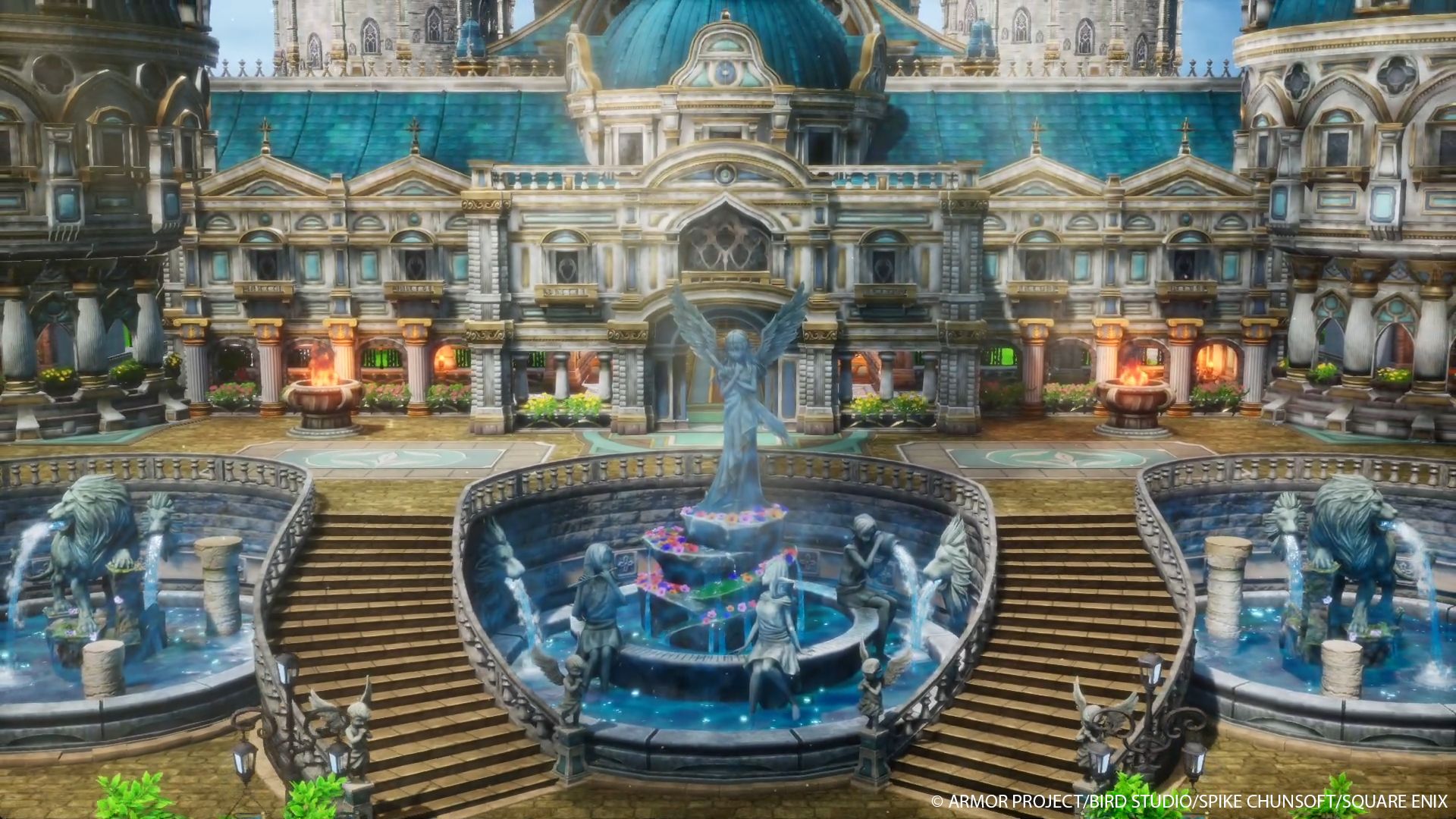
Square Enix: As you say, this game will be played by people who may have never experienced the Dragon Quest series before! What is your message for these new players?
Hayasaka: For those who will be picking this up as their first Dragon Quest game, I really want you to feel for yourself that this is a legendary JRPG!
Dragon Quest I and Dragon Quest II, released earlier on the NES, had both won acclaim, and Dragon Quest III was a social phenomenon when it was first released in Japan. It’s no exaggeration to say that these games established the JRPG genre.
One reason I really made sure to stick closely to the original with this remake is because, personally, I want modern players to be able to experience these kinds of landmarks of game history. So, I really hope that’s something that you feel as you play the game!
Dragon Quest III HD-2D Remake is available today for Xbox Series X|S and Windows PC

DRAGON QUEST III HD-2D Remake
SQUARE ENIX CO., LTD.
$59.99
The Legacy Begins
DRAGON QUEST III HD-2D Remake is a stunning reimagining of the beloved masterpiece and narrative beginning to The Erdrick Trilogy.
Story:
Years ago, the great hero Ortega bid farewell to his wife and child as he set off on a quest to defeat the villainous Archfiend, Baramos. Ortega failed his quest, and Baramos still threatens the world. Now, on their sixteenth birthday, Ortega’s only child is summoned by the king of Aliahan and entrusted with a mission of the highest import: to take on Ortega’s quest, vanquish Baramos, and save the world.
Build your perfect party:
Recruit a variety of allies, with three able to join your party to aid you on your quest. Choose their vocations, appearances and their voices. There’s even a brand new vocation exclusive to this remake: the monster wrangler!
Travel across an expansive open world:
Explore a wealth of towns, castles, caves, towers and dungeons to explore on your adventure, with hidden secrets waiting to be discovered.
Strategic, turn-based battles:
Battle a vast array of monsters in classic DRAGON QUEST turn-based battles. Set party tactics and switch up weapons, abilities and spells to take on all of the challenging foes that await you.


